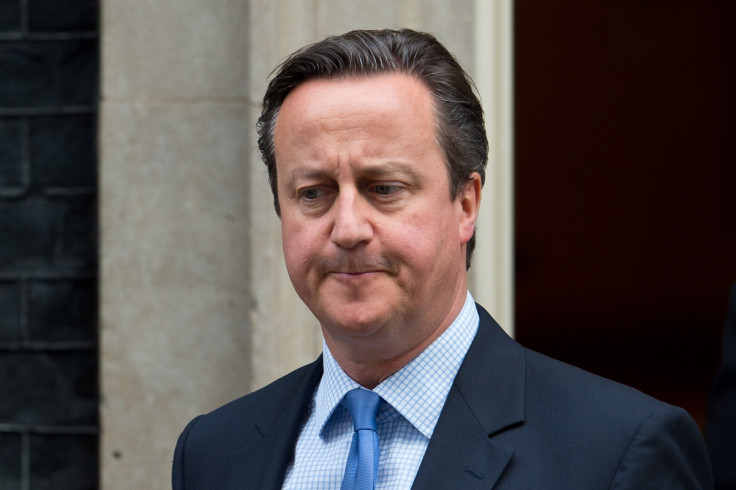EU referendum: David Cameron signals U-turn over migrant benefits ban in Czech Republic

David Cameron has signalled that he is prepared to U-turn over one of his major EU reforms after facing opposition from Eastern European leaders. The British prime minister said he was "open" to alternative proposals to his plan to stop EU migrants in the UK from accessing welfare payments for at least four years.
The Conservative leader, speaking during a visit to the Czech Republic on 22 January as part of his renegotiation efforts, has had a tough time convincing the Visegrád Group (Czech Republic, Slovakia, Poland and Hungary) to back the measure.
The nations have argued that the plan would be unfair, while Cameron faces pressure at home after failing to fulfil his election commitment to slash net migration to the UK to "tens of thousands".
But now Czech Prime Minister Bohuslav Sobotka has offered up a compromise to Cameron. The Social Democratic Party leader has proposed a so-called "emergency break", which would see EU states apply to Brussels to close their borders when migration levels hit a certain threshold.
"My four-year proposal remains on the table, but if people can find other ways of achieving a similarly powerful effect to address the problem then I'm very happy for those options to be discussed," Cameron said in Prague.
The comments come after former Tory leader Lord Michael Howard poured cold water over Cameron's renegotiation. The Conservative peer claimed his successor is "not looking very likely" to gain key concessions from Brussels ahead of the EU referendum, which will be held before the end of 2017.
"I have always wanted the United Kingdom to remain in a genuinely reformed European Union," Howard told BBC Radio 4's Today programme. "It is not looking very likely, I have to say, that we are going to see a genuinely reformed European Union.
The latest online opinion poll from Survation, of more than 1,000 people between 15 and 16 January, put "leave" four points ahead of "remain" (42% versus 38%, respectively). But, as IBTimes UK has reported previously, there has been a significant discrepancy between online and telephone surveys over the issue.
© Copyright IBTimes 2025. All rights reserved.






















